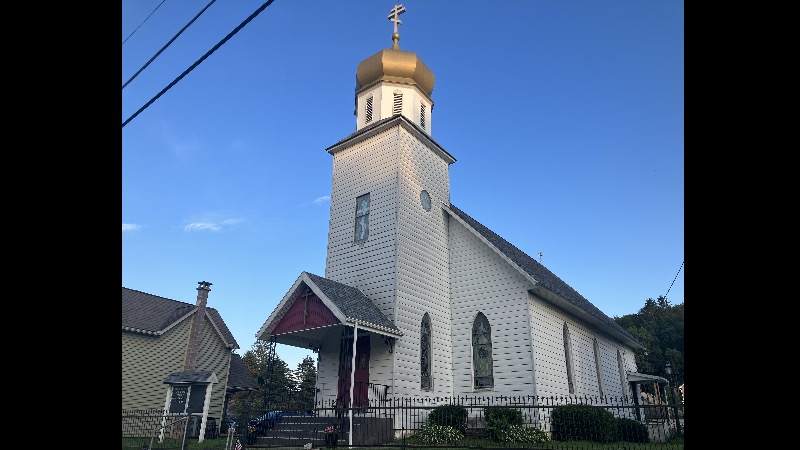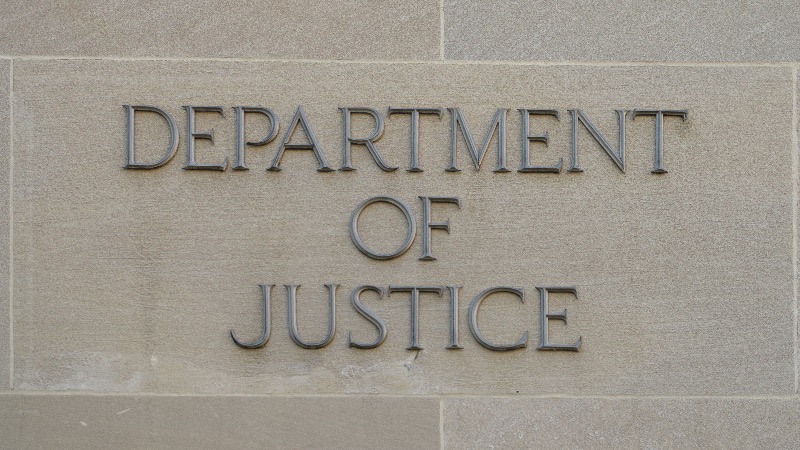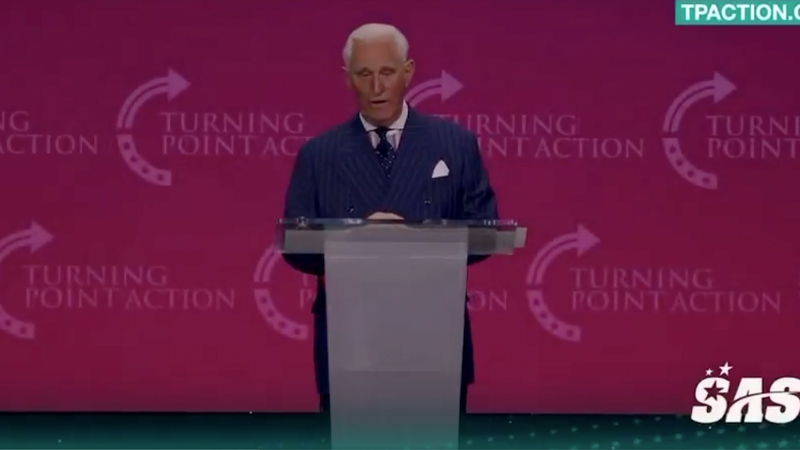 Image Credit: Sean Miller
Image Credit: Sean Miller On Monday the IRS announced in a court filing that 501(c)(3) nonprofit churches and houses of worship can endorse political candidates. Previously, this activity was prohibited in order for the organization to keep its tax exempt status, although actual investigation and tax exempt status revocation was extremely rare. The previous tax exempt stipulation never applied to political speech by church members to church members.
“When a house of worship in good faith speaks to its congregation, through its customary channels of communication on matters of faith in connection with religious services, concerning electoral politics viewed through the lens of religious faith, it neither ‘participate[s]’ nor ‘intervene[s]’ in a ‘political campaign,’ within the ordinary meaning of those words. To ‘participate’ in a political campaign is ‘to take part’ in the political campaign, and to ‘intervene’ in a political campaign is ‘to interfere with the outcome or course’ of the political campaign,” the court filling stated on page 2. “Bona fide communications internal to a house of worship, between the house of worship and its congregation, in connection with religious services, do neither of those things, any more than does a family discussion concerning candidates. Thus, communications from a house of worship to its congregation in connection with religious services through its usual channels of communication on matters of faith do not run afoul of the Johnson Amendment as properly interpreted.”
The Johnson Amendment may cause certain otherwise tax-exempt organizations to lose their tax exempt status if they “participate in, or intervene in . . . , any political campaign on behalf of (or in opposition to) any candidate for public office.”
Monday’s filing reinterpreted the Johnson Amendment so as to permit churches to endorse political candidates, an activity which previously could cause churches to lose their tax exempt status.
Notably however, the First Amendment of the Constitution has always protected religious institutions against laws prohibiting their activities.
Congress shall make no law respecting an establishment of religion, or prohibiting the free exercise thereof; or abridging the freedom of speech, or of the press; or the right of the people peaceably to assemble, and to petition the Government for a redress of grievances.
The filing made clear that in order to exercise religion, political aspects may be taken into account. Common examples of religious issues with a political aspect are the issues of abortion, vaccination and the LGBTQIAAP2SN+ cult agenda.
“For many houses of worship, the exercise of their religious beliefs includes teaching or instructing their congregations regarding all aspects of life, including guidance concerning the impact of faith on the choices inherent in electoral politics. Interpreting the Johnson Amendment to reach such communications would create serious tension with the First Amendment’s Establishment Clause: That broad interpretation would treat religions that do not speak directly to matters of electoral politics more favorably than religions that do so—favoring some religions over others based on their speech to their own congregations in connection with religious services through customary channels of worship and religious communication,” the filing said on page 3 and 4.
On the April 20, 2009 show Alex Jones spoke with a pastor about the tax-exempt 501(c)(3) scam ran on churches and how it is antithetical to the American Bill of Rights’ 1st Amendment.



